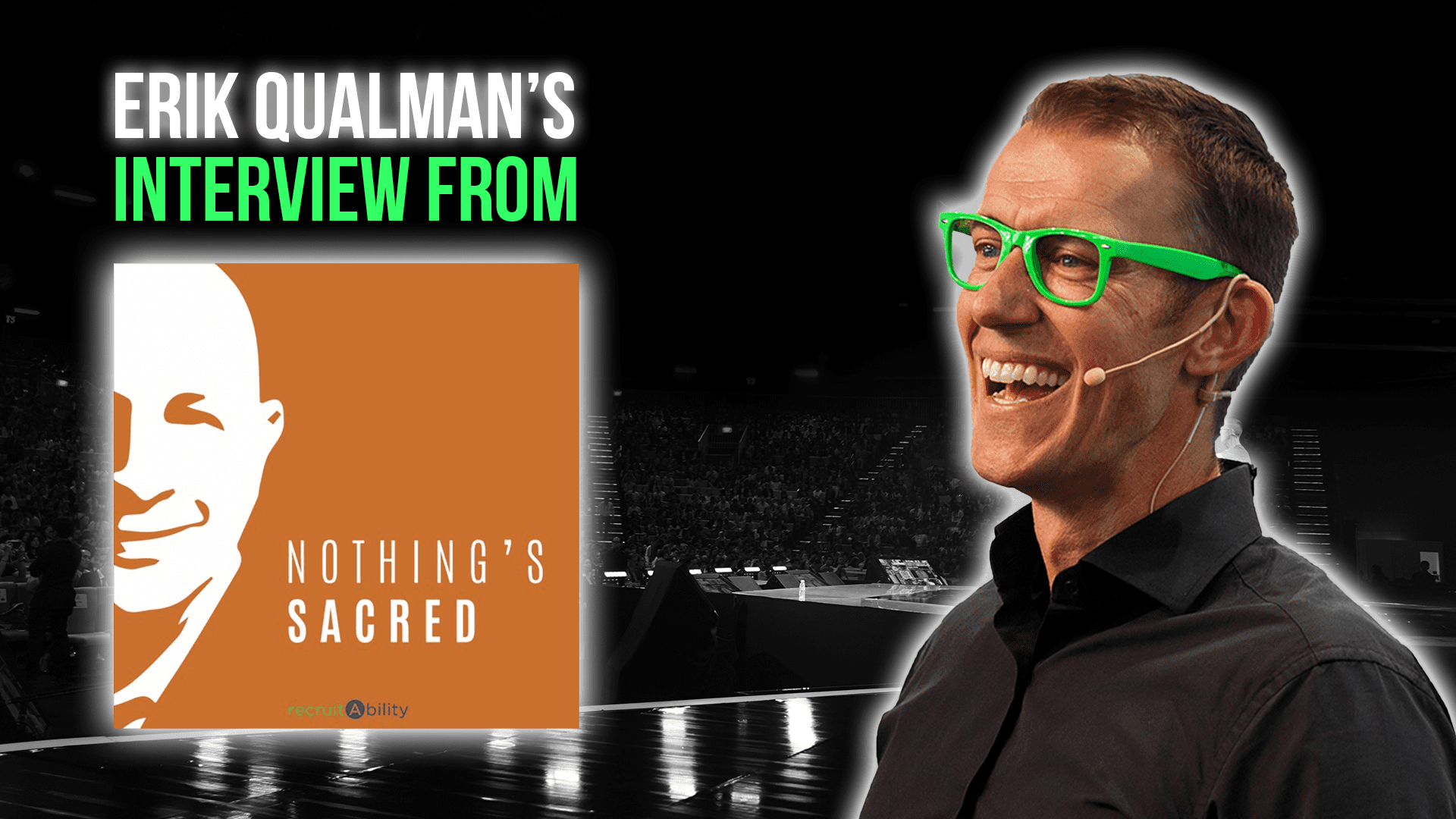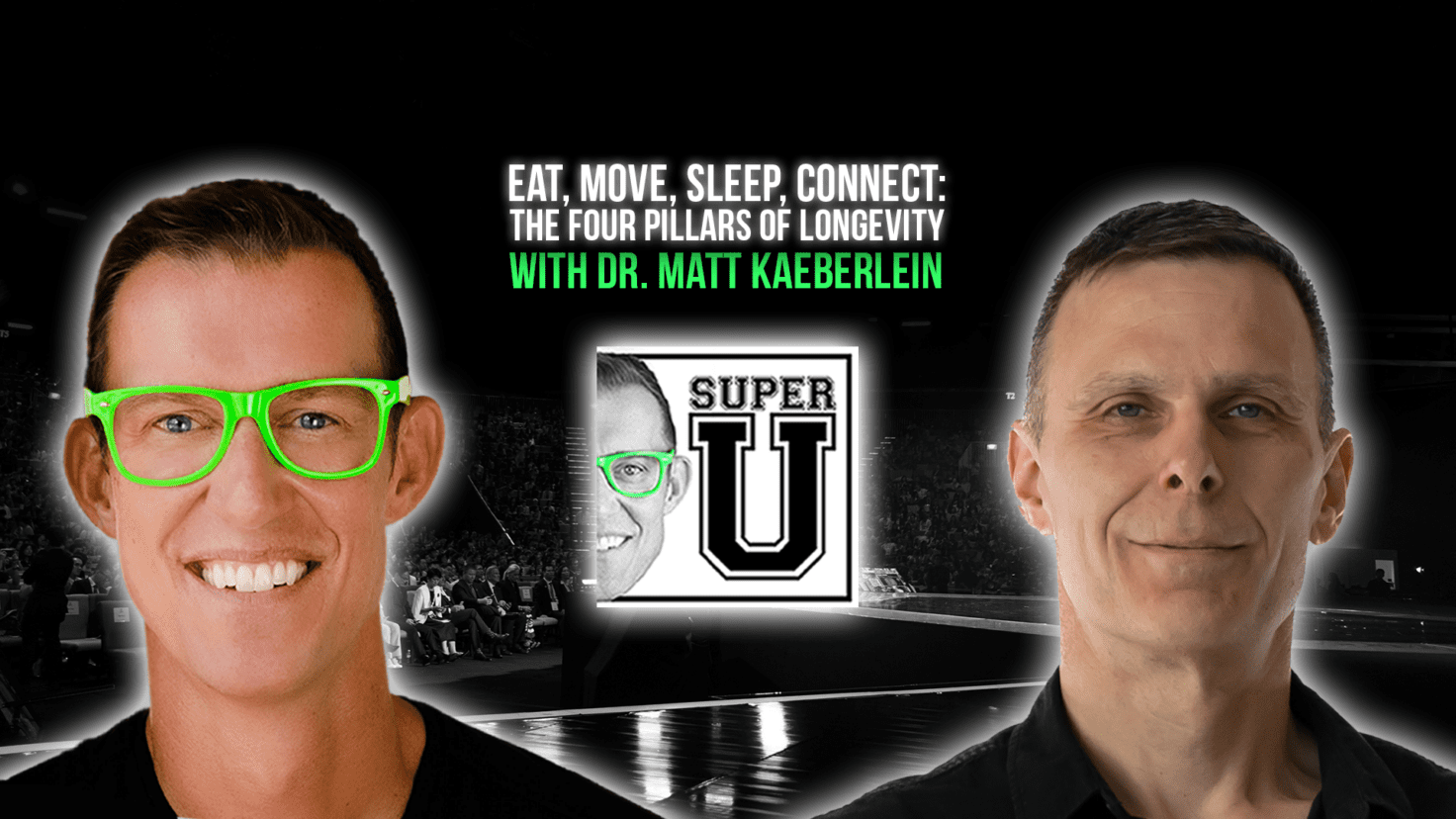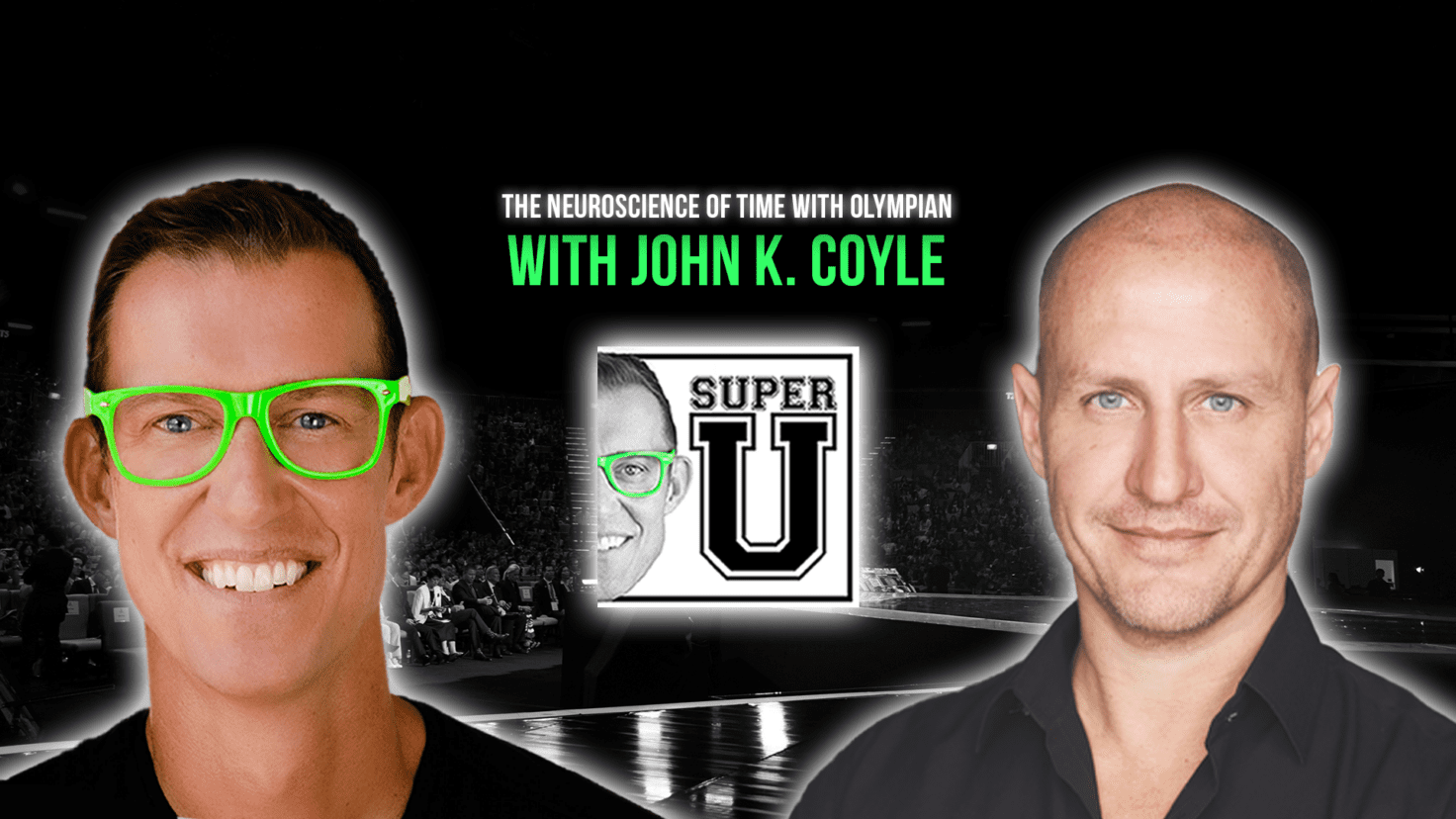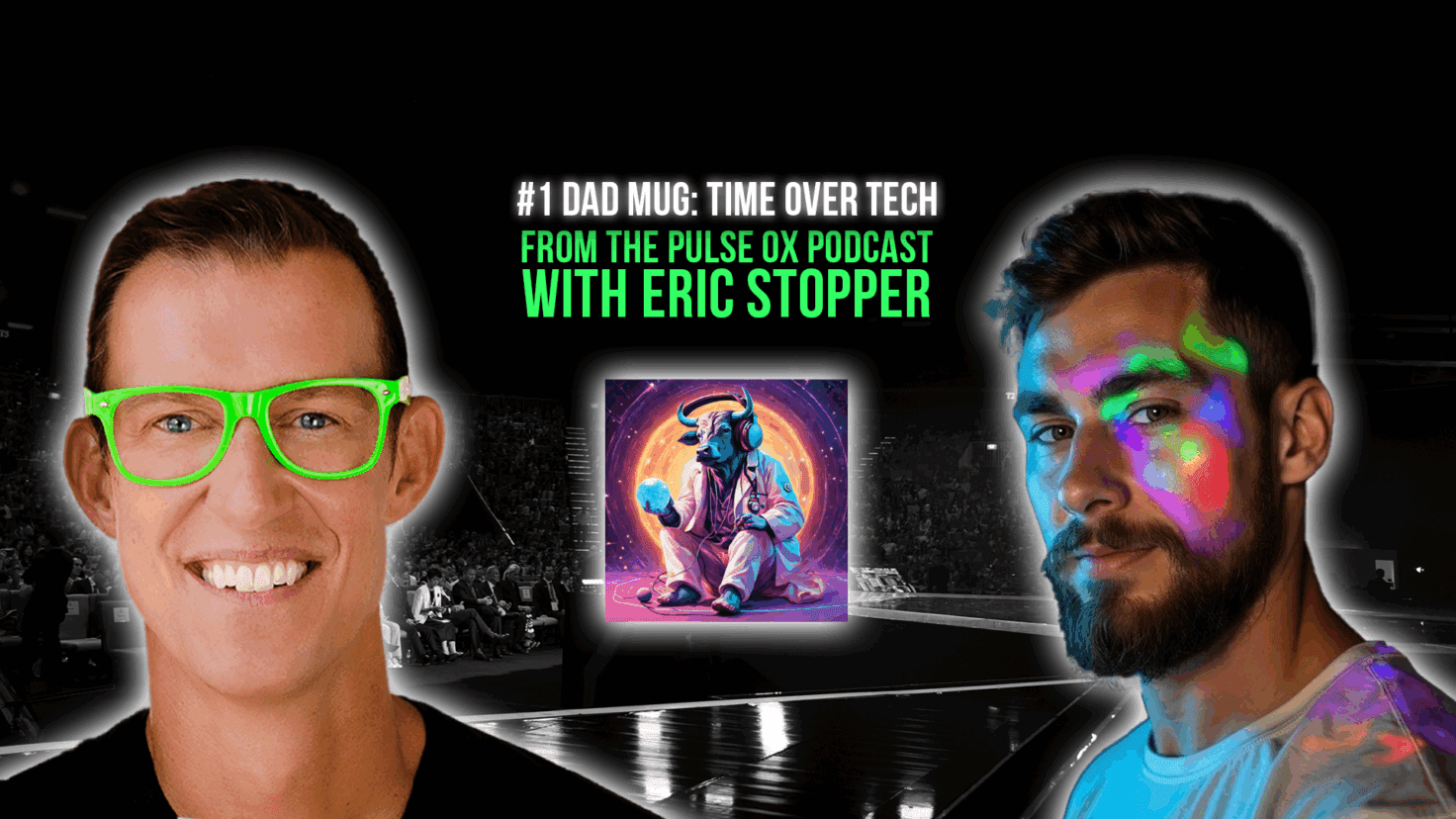Super U Podcast | Recruiting & Retaining Talent During a Pandemic
On this episode of the Super U Podcast, we are re-sharing an episode Erik was recently featured on from the Nothing’s Sacred Podcast by recruitAbility hosted by recruitAbility founder & CEO Nad Elias and 3rd & Lamar co-founder & CEO Nick Schenck. Click here to subscribe to the Super U Podcast. Need a sneak peek? Below is a preview of the episode.
Recruiting & Retaining Talent During a Pandemic | Super U Podcast:
[4:04] Innovation Happens During Tough Times
“Fortunately, we are poised for it, obviously, we’d love for live events to come back. I miss people, I miss book signings, but yeah, it went to zero. And it’s been a learning experience and as they say is, “Hey, don’t waste a pandemic, right?” Because this is where innovation happens. And so we’ve been able to do some stuff. I know a lot of your listeners are doing stuff. I know you guys are doing some innovation. And so it’s really just been forced upon us. I talked about digital leadership that you’re kinda in your car, and we’re talking about transformation, three or five years out, here’s this wall of transformation. And all sudden, overnight, bam, it moves forward three to five years. So now we’re there and move everything forward three to five years. And there are generationally defining events, right? For me, 9/11 was one of them. But innovation happens during that time. And for our parents. They lived through different times that when they came out of it, again, there were trends and habits that were never will never exist, didn’t exist before. That’ll be there going forward.”
[12:40] The Focus Project: Getting Started and Why It Was Important
“[Working long hours] for me it was something I was wrestling with. And the books not for the downtrodden it’s not for a person that’s not an “A” personality; It’s actually for that person that’s excelling, but they’re hitting triples, but they know there’s home runs and grand slams out there. And at the end of the day, they might not feel as fulfilled as maybe they should, at what society would deem success. I’d get excited when I would think about what if I just focused on sales for this month? What if I just focused on writing for this month instead of trying to juggle all these things at once? What would that look like? So that was the spark and I had to get excited about it for a year. Then since it was on my brain, I started asking in the green room because live events were happening. So in the green room, before you go on stage, you’re really lucky to sit with some top thought-leaders, other speakers that are there might be a Malcolm Gladwell that you can have a conversation with. [It] might be some astronaut like Mark Kelly that just got off the space shuttle, but what fascinates me most is the leaders of these companies. They have 20,000 employees, so to ask them “How do you manage all these 20,000 people and how are you so successful?” and they’d say Focus. I go, “All right now, what’s the biggest challenge?” and they go, “Staying focused.” I’m a little bit more focused than most people, but my biggest challenge is staying focused not being overwhelmed by the sea of opportunity. So the more people I asked, whether it’s a school teacher, a stay-at-home-dad, whether it was a CEO or a small business, they’re all the same issue that I was wrestling with – with focus. And so I go, “Well why don’t I take on a project and take the street research or the scientific research: essentialism and stoicism. Like this will work if you eat “this.” This helps if you sleep “this way.” It helps and then [I] marry it up with me being the guinea pig so that’s why it’s called The Project. So take the street science (my first-hand approach) and marry it with that institutional science. Then each month, give myself a grade like a kindergartener A, B, C, D, and what I learned is that focus is really really hard. So I got two A’s over the 12 months, but focus can be learned, it can become a habit.
Which ones did you get A’s on?
“The first month because otherwise, the project would focus on growth. So the focus on growth, which for a lot of people that might be sales by color growth, because it depends on what you’re doing. Your growth might be raising money for charity. But what could you not let the ball drop on? And so to allow you to do a project and keep in mind, I looked at it, I said, “What could the average person dedicate per day?” And I said, “Take pride, dedicate 30-minutes to two hours a day to focus on something specific, probably 30 minutes. And so that was what the goal was. But for the first month, that was sales, and I failed five times when first starting the project. Like for a year, I kept going, “Okay, this is the month, we’re gonna focus on this spot.” We’d always had a sales spot that I go when I was supposed to dedicate two hours a day. And then the whole month, I dedicated 17 minutes for the whole month, because I’d let the immediate take over the important. But long story longer, once I did focus on sales, we had a record sales month. So it almost was a record year, just in that month… So that showed me the power of focus. It also allowed me to write the rest of the book because I go, “Okay, now that I’ve got the table stakes in place, now we can go month-by-month with something different. It was fun to do. And the learnings were great. It’s a reference that I’m going to use when I start to lose it because you still start to lose the gravitational pull is to kind of not focus, it’s to go to the immediate rather than important.”
Listen to the full episode here.
Connect With Nad & Nick:
Nad’s LinkedIn: https://www.linkedin.com/in/nadelias/
Nick’s LinkedIn: https://www.linkedin.com/in/nick-schenck-6009786/
Website: www.therecruitability.com/
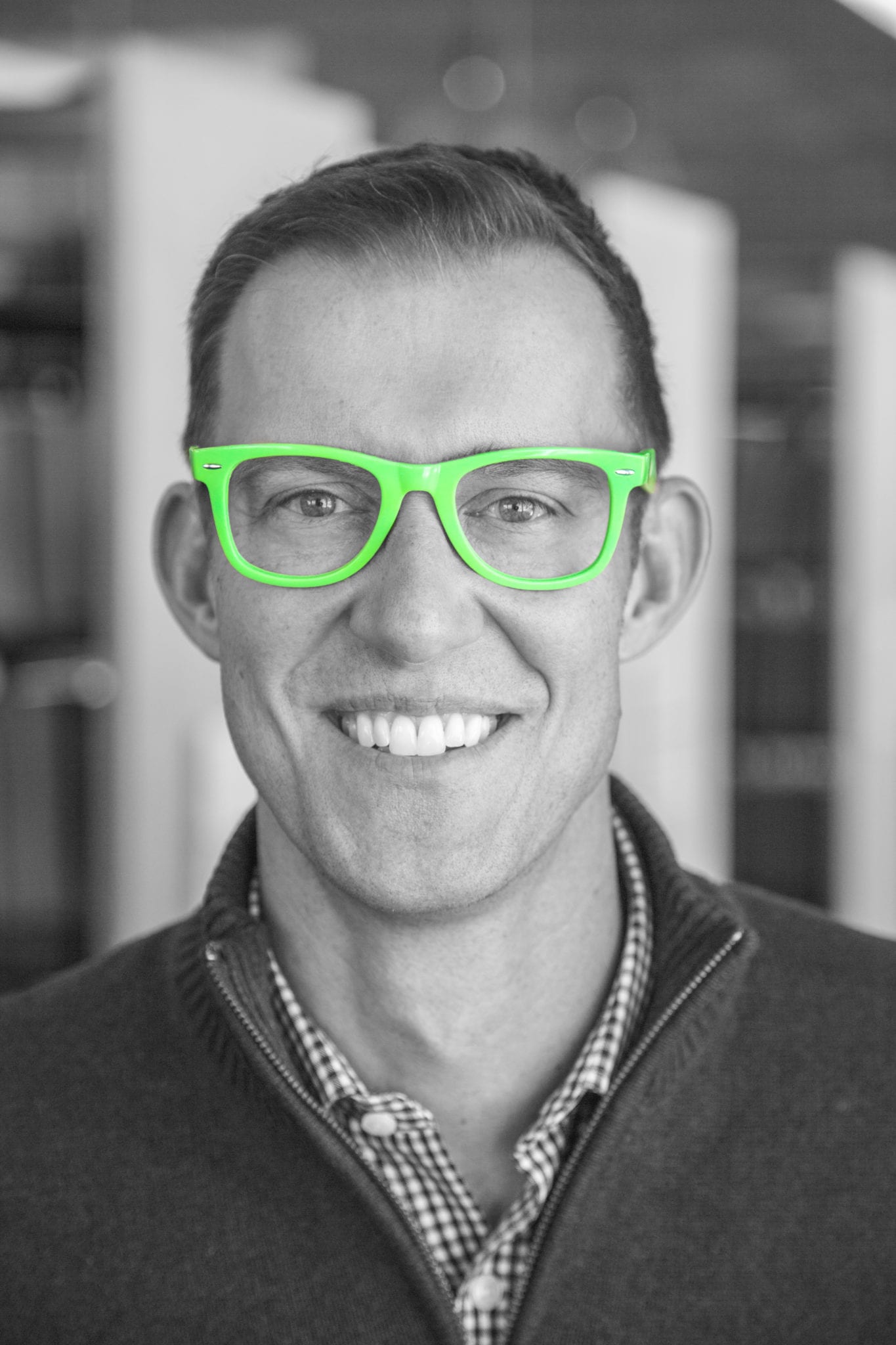
To ensure you don’t miss future episodes, subscribe to our podcast by clicking here >> Super U Podcast. We hope these tips help unlock and unleash your inner superpower!
The Super U Podcast is hosted by #1 bestselling author and Motivational Speaker Erik Qualman.

